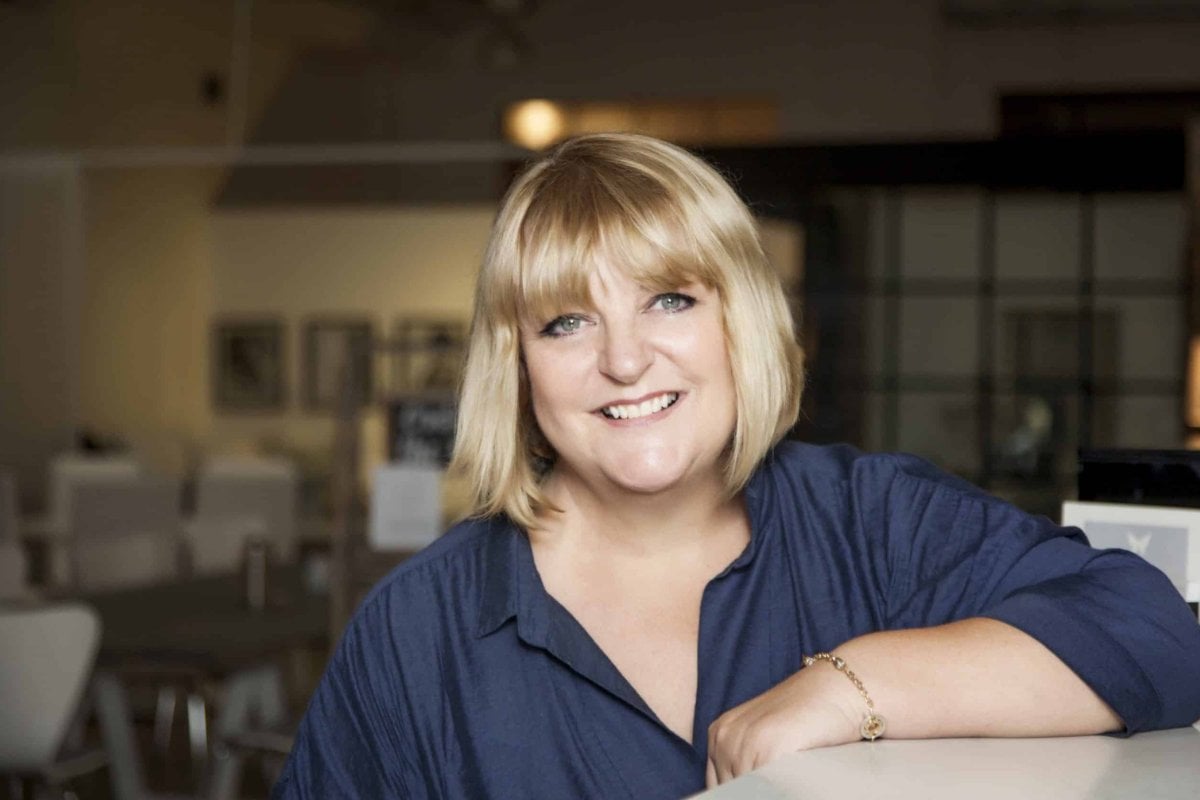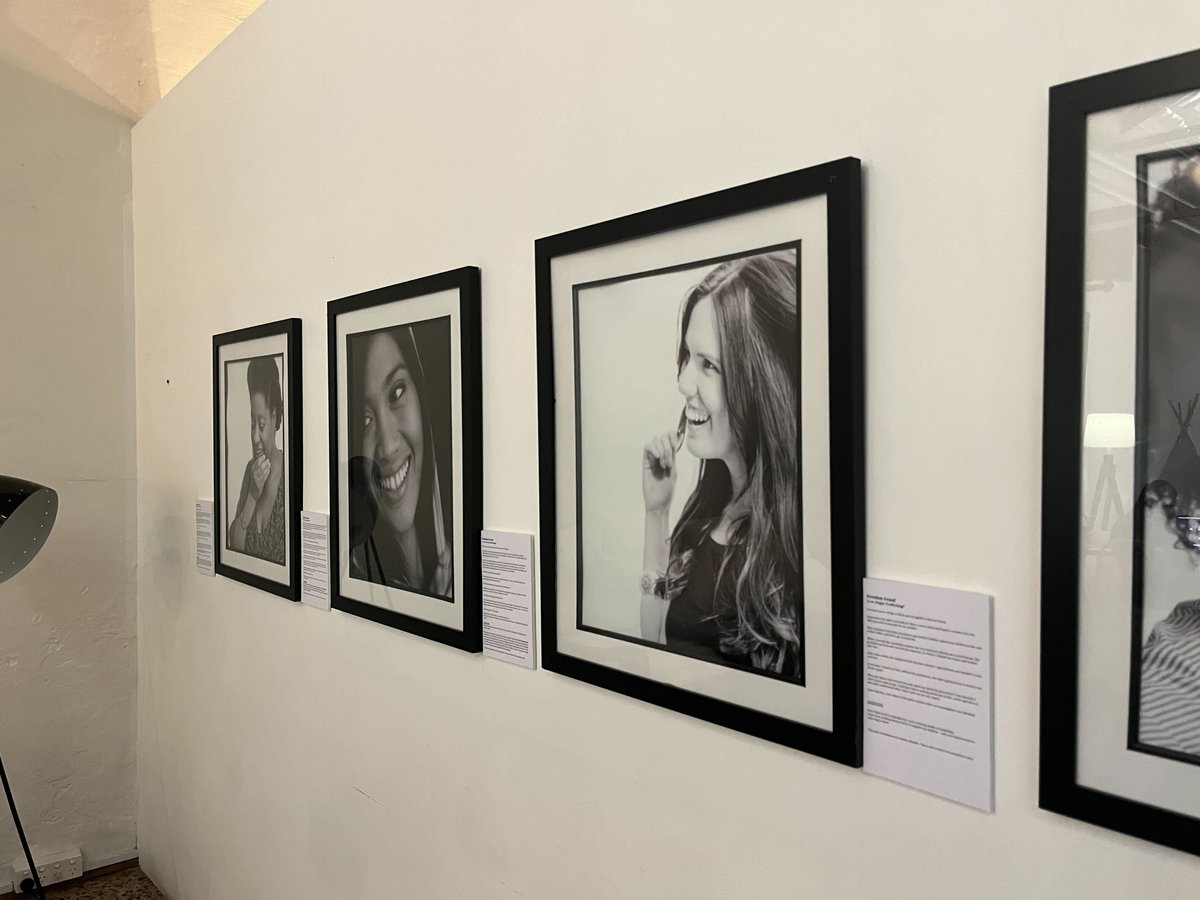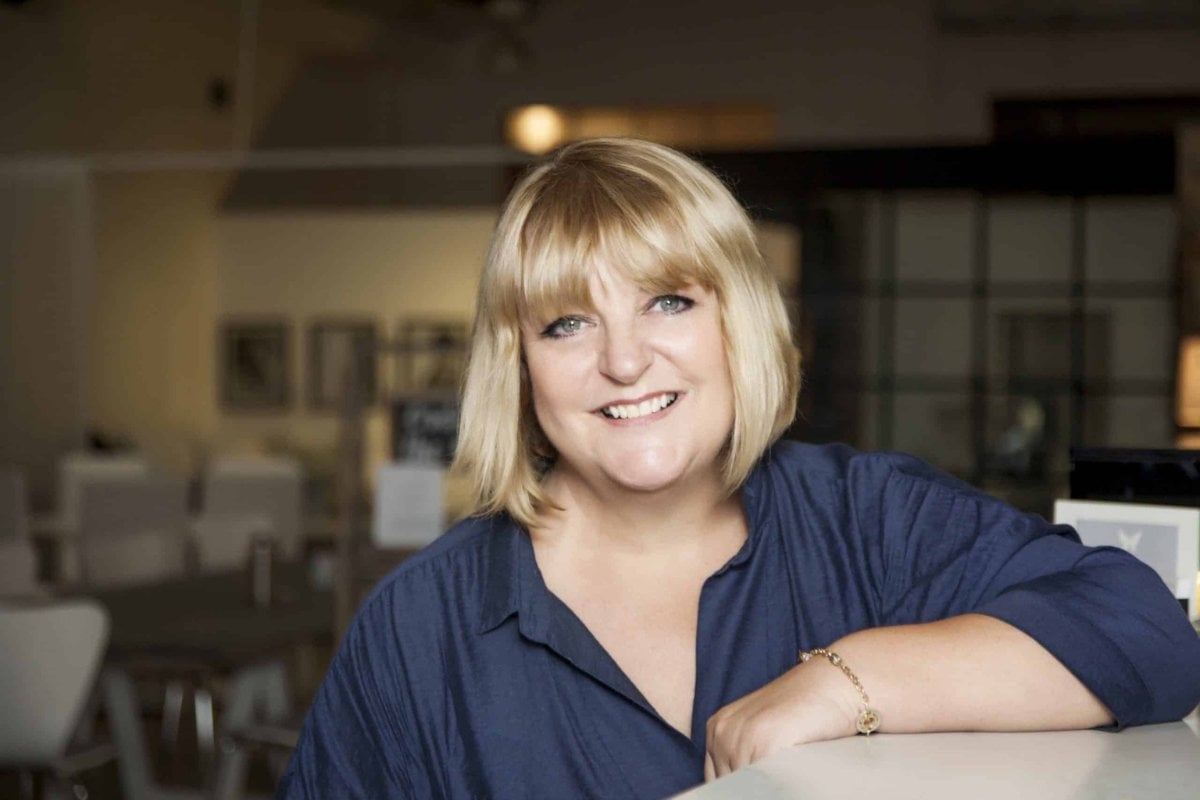
Content warning: This post includes descriptions of violence against women.
"Once you see something like what these women have gone through, you can't unsee it."
These are the words of Australian businesswoman Sally Irwin, who I'm sitting down with at a cafe in Sydney.
When you walk into this cafe, it has all the characteristics of a quintessential inner city eatery. There's great coffee, comfy seating and a wide food selection. But there's a deeper story behind this cafe. It has helped hundreds of women find a fresh start in life — a safe chapter away from abuse.
Irwin still vividly remembers the moment she first saw the impacts of slavery.
It was 2008. Her family had been posted to the Australian Embassy in Berlin, her husband being a diplomat. Irwin was no longer allowed to work because of her passport restrictions. She was surrounded by opulence — other wives drinking, partying, going for long lunches at restaurants, and after a while, it became nauseating.
"I was sick of having to be just 'the wife' standing at these parties, talking about Botox and ballgowns. I needed purpose. So I decided to volunteer."
Watch: Modern slavery survivor Sarah shares her story. Post continues below.


